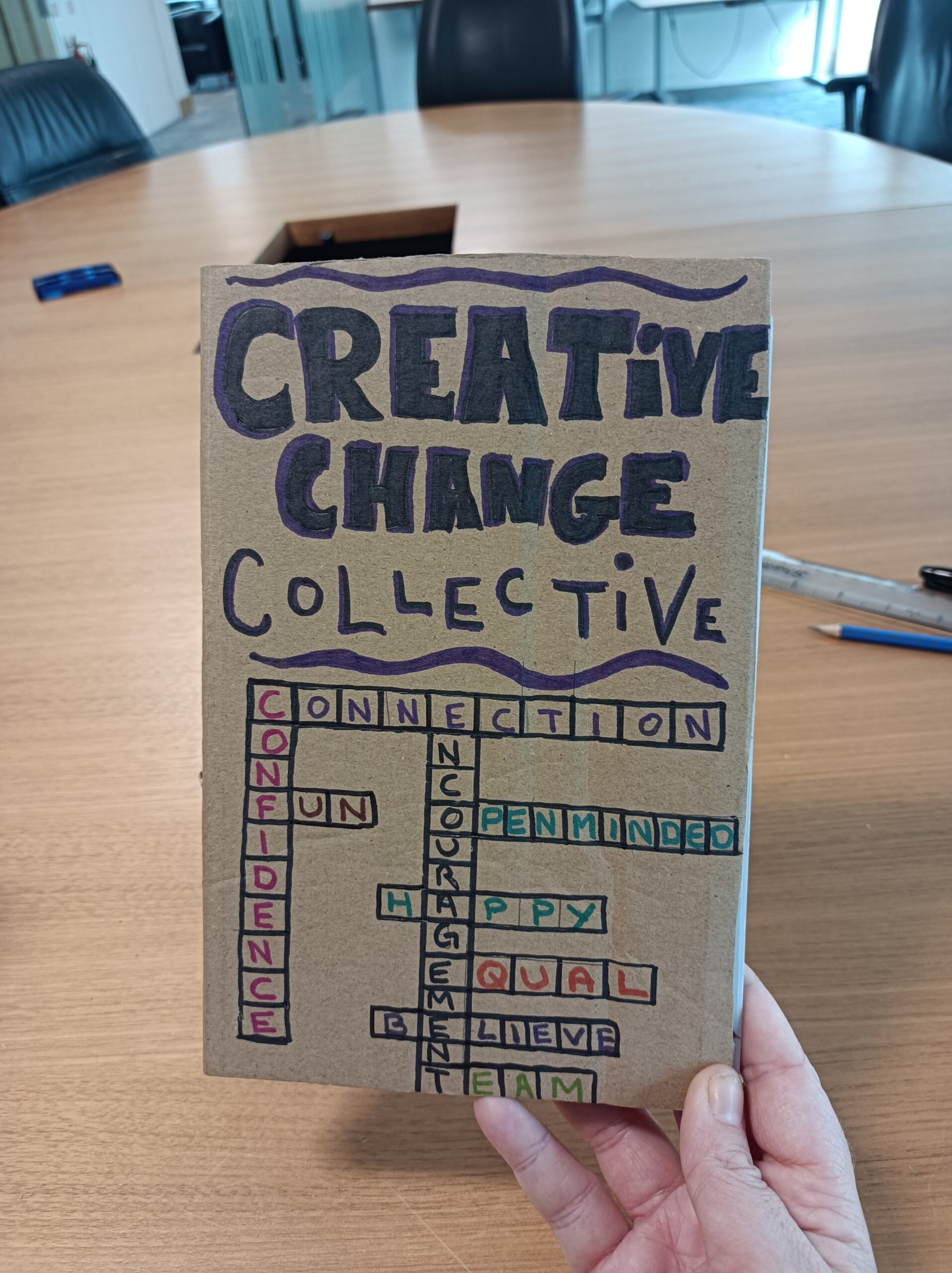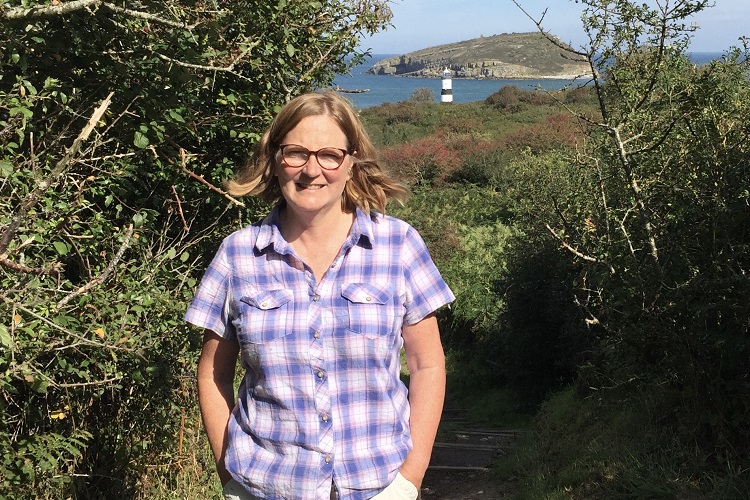Recovering waste, recovering voices: recycling and empowerment in Latin America and Scotland
In the movement toward sustainability, recycling, waste, and plastics have assumed major significance in global conversations. But understanding how plastic recycling and waste management can align with people and planet will require more than just ecological and economic analyses – their social dynamics are also a major point of consideration. Dr Patrick O’Hare is a … Read more





